Whipple Museum of the History of Science
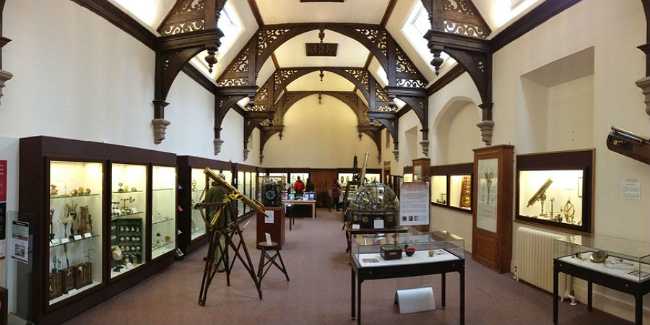
The Whipple Museum of the History of Science, part of the University of Cambridge, offers a fascinating journey through centuries of scientific discovery. Founded in 1944 with the donation of Robert Whipple’s remarkable collection, it is housed in the former Perse School on Free School Lane. The museum’s holdings span from the medieval period to the present, with particular strength in 17th- to 19th-century instruments made by leading English craftsmen. Visitors can explore historic telescopes, globes, astrolabes, microscopes, and intricate orreries, alongside early electrical apparatus and mathematical tools. Many objects once served in Cambridge’s own laboratories and lecture halls, linking the city’s academic heritage to global scientific progress. As part of the Department of History and Philosophy of Science, the museum supports research, teaching, and public engagement, offering free admission and regularly changing exhibitions. Its intimate galleries invite close encounters with the tools and ideas that have shaped our understanding of the world.
Cambridge United KingdomThe Whipple Museum of the History of Science is located on Free School Lane, Cambridge CB2 3RH, within the University of Cambridge. It is situated on the New Museums Site, accessible through the Pembroke archway on Pembroke Street, with another entrance on Free School Lane. Nearby, visitors can find several other university museums such as the Fitzwilliam Museum, the Museum of Archaeology and Anthropology, and the Sedgwick Museum of Earth Sciences. The museum is also close to the city centre, with its shops, cafes, and historic landmarks, as well as green spaces like Christ’s Pieces and easy access to public transport and parking facilities at the Grand Arcade car park.
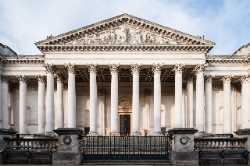 Fitzwilliam Museum
Cambridge
Fitzwilliam Museum
Cambridge
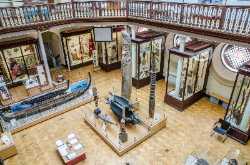 Museum of Archaeology and Anthropology
Cambridge
Museum of Archaeology and Anthropology
Cambridge
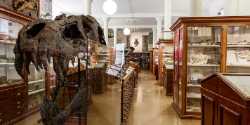 Sedgwick Museum of Earth Sciences
Cambridge
Sedgwick Museum of Earth Sciences
Cambridge
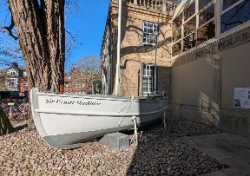 Polar Museum
Cambridge
Polar Museum
Cambridge
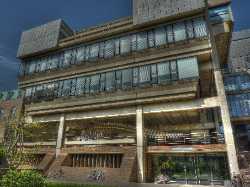 Museum of Zoology
Cambridge
Museum of Zoology
Cambridge
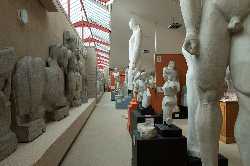 Museum of Classical Archaeology
Cambridge
Museum of Classical Archaeology
Cambridge
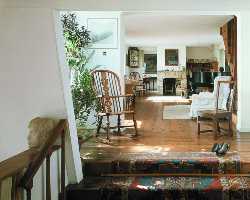 Kettle’s Yard
Cambridge
Kettle’s Yard
Cambridge
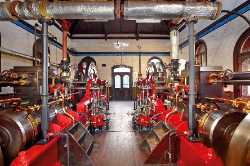 Cambridge Museum of Technology
Cambridge
Cambridge Museum of Technology
Cambridge
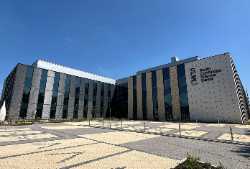 Cambridge Science Centre
Cambridge
Cambridge Science Centre
Cambridge
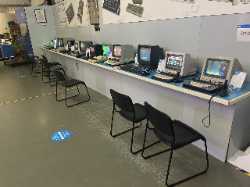 Centre for Computing History
Cambridge
Centre for Computing History
Cambridge
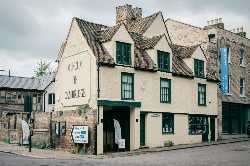 Museum of Cambridge
Cambridge
Museum of Cambridge
Cambridge
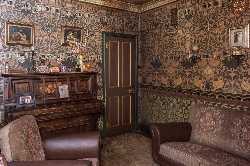 David Parr House
Cambridge
David Parr House
Cambridge
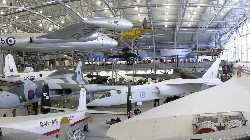 IWM Duxford
Cambridge
IWM Duxford
Cambridge
 Bottisham Airfield Museum
Cambridge
Bottisham Airfield Museum
Cambridge
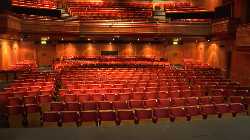 Cambridge Arts Theatre
Cambridge
Cambridge Arts Theatre
Cambridge
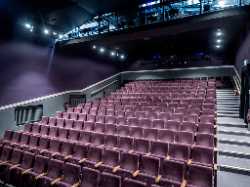 ADC Theatre
Cambridge
ADC Theatre
Cambridge
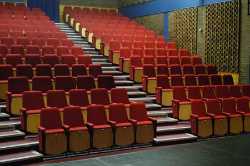 Mumford Theatre
Cambridge
Mumford Theatre
Cambridge
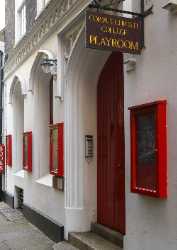 Corpus Playroom
Cambridge
Corpus Playroom
Cambridge
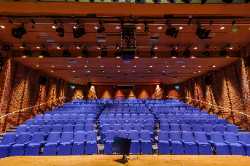 Robinson Theatre
Cambridge
Robinson Theatre
Cambridge
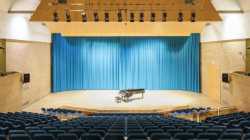 West Road Concert Hall
Cambridge
West Road Concert Hall
Cambridge
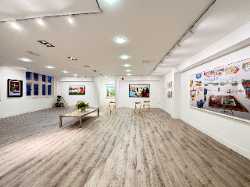 MODO Gallery
Cambridge
MODO Gallery
Cambridge
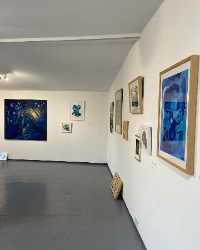 Cambridge Artworks & Artspace
Cambridge
Cambridge Artworks & Artspace
Cambridge
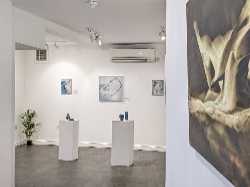 GALLERIE V
Cambridge
GALLERIE V
Cambridge
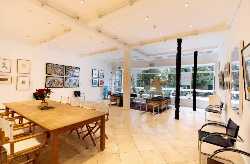 ArtSpace5-7
Cambridge
ArtSpace5-7
Cambridge
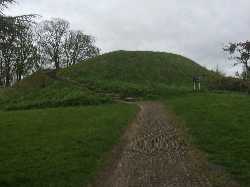 Castle Mound
Cambridge
Castle Mound
Cambridge
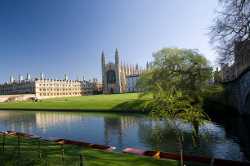 The Backs
Cambridge
The Backs
Cambridge
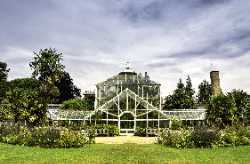 Cambridge University Botanic Garden
Cambridge
Cambridge University Botanic Garden
Cambridge
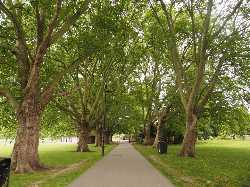 Jesus Green
Cambridge
Jesus Green
Cambridge
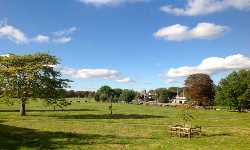 Midsummer Common
Cambridge
Midsummer Common
Cambridge
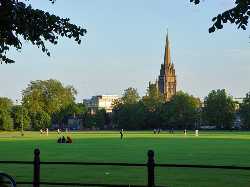 Parker’s Piece
Cambridge
Parker’s Piece
Cambridge
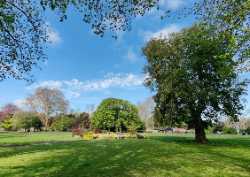 Christ’s Pieces
Cambridge
Christ’s Pieces
Cambridge
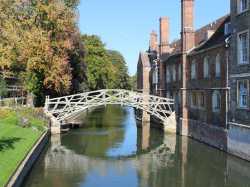 Mathematical Bridge
Cambridge
Mathematical Bridge
Cambridge
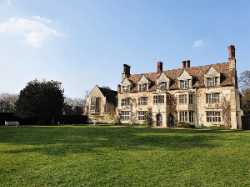 Anglesey Abbey
Cambridge
Anglesey Abbey
Cambridge
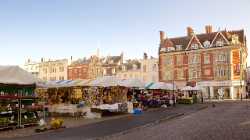 Cambridge Market Square
Cambridge
Cambridge Market Square
Cambridge
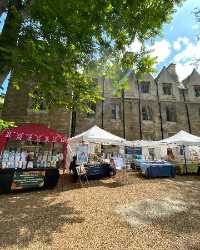 All Saints Garden Art & Craft Market
Cambridge
All Saints Garden Art & Craft Market
Cambridge
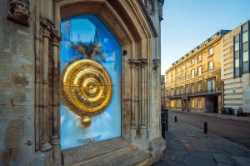 The Corpus Clock
Cambridge
The Corpus Clock
Cambridge
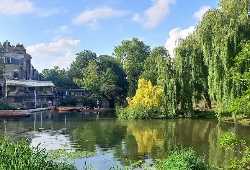 Laundress Green
Cambridge
Laundress Green
Cambridge